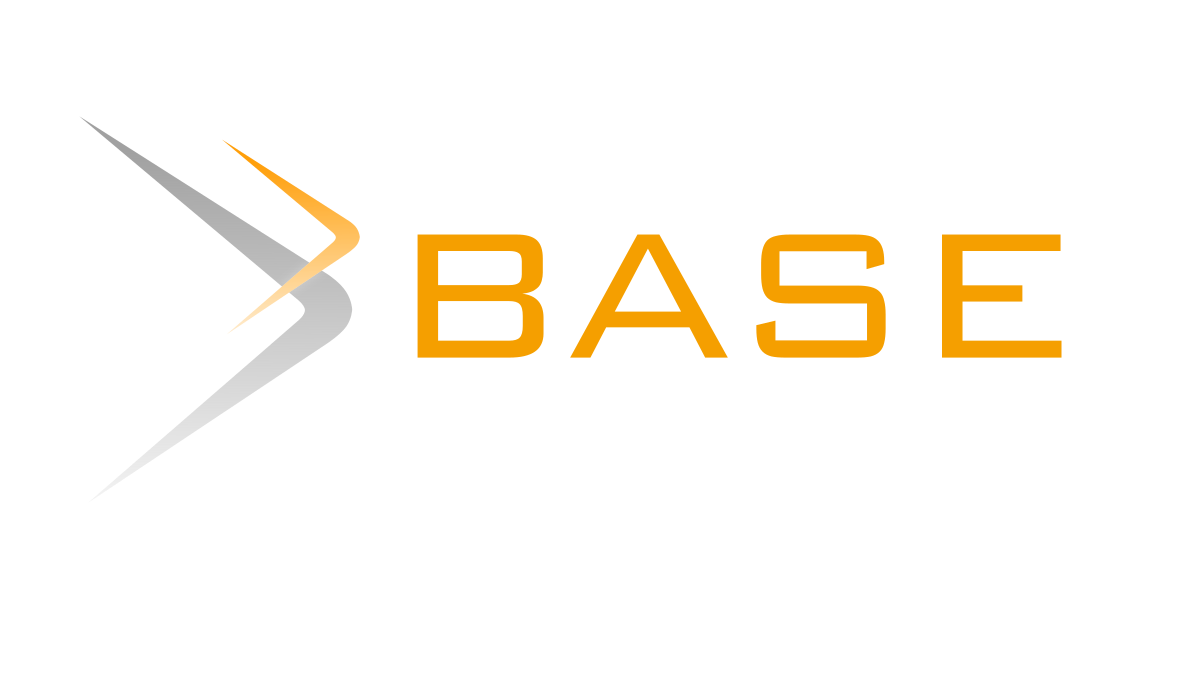EFEKTIFITAS GAYA MENGAJAR LATIHAN DAN RESIPROKAL TERHADAP HASIL BELAJAR SERVIS ATAS BOLA VOLI PADA SISWA DI SMP NEGERI 97 JAKARTA
DOI:
https://doi.org/10.21009/jpja.v1i1.7224Keywords:
volleyball lesson learning outcome, teaching style, service volleyballAbstract
This study aims to find out which style is more effective between the teaching style of training and the reciprocal teaching style to the learning outcomes of the volleyball. In the respondents conducted the initial test and then followed by giving treatment in the form of learning with practice teaching style and reciprocal ending by giving the final test. For 6 weeks (12 meetings) Samples taken using Random Sampling of 30 samples. Instrument research using top service learning test results. Preliminary test data on volleyball on the training force and reciprocal style was obtained by standard error of difference between two mean (SE_ (MX-MY)) = 1.03, the value makes t_ (count) obtained = 0.321. Then the result of the calculation is tested with table on degrees of freedom (dk) = (N + N) -2 = (15-15) -2 = 28 and the level of α = 0.05 obtained the critical value t_table = 2,001. Thus t_count is smaller than t_table (0.321 <2.048). Based on the results of the analysis, H00 is accepted and H_1 is rejected or the hypothesis stating there is no difference between the initial test results of the volleyball service result in the exercise style group and acceptable reciprocal style. Thus it can be concluded that two groups to be given a volleyball service treatment using the exercise style and reciprocal style, each having the basic ability to serve the same top. The effectiveness of the teaching-learning style of the upper average service learning outcomes (M_D) = 6.86, the value of t_count of = 20.78. If compared with t_table, it turns out bigger than t-table of 2,145 on trust α = 0,05 and degrees free 14. Effectiveness of reciprocal teaching style to service learning outcomes on volleyball obtained average value M_D = 11,13 , T_count of 30.91. If compared with t_table it turns out that the result is bigger than t_table of 2.145 on trust α = 0.05 and degrees of freedom 14. The final test result data on volleyball in the group of training style and reciprocal style obtained standard error of difference between two mean (SE_ (MX-MY)) = 1.07, the value makes t_ (count) obtained by 4,265. Then the result of the calculation is tested with t_tabel on degrees of freedom (dk) = (N + N) -2 = (15 + 15) -2 = 28 and level a = 0.05 obtained the critical value t_table = 2.048. Thus t_count is greater than t_table (4,265> 2,048). It can be concluded that the teaching style of training and reciprocal is effective against the learning outcomes of volleyball at the students of SMP Negeri 97 Jakarta who follow the learning of pearl on the top service material. And the reciprocal teaching style is more effective than the teaching practice style of the students' learning outcomes on volleyball at SMP Negeri 97 Jakarta.









